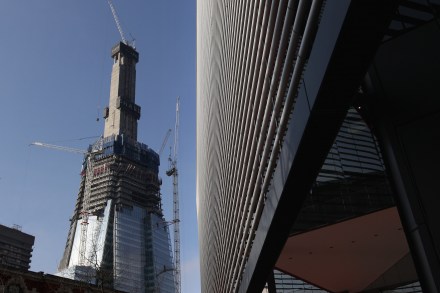How to get from Plan A to Plan A+
Terrible events in Norway and the ongoing phone hacking scandal have kept the economy out of the media in the last couple of weeks. Coverage of the latest bail-out of Greece last week was comparatively muted, especially considering how important it is for the eurozone and, by implication, the UK. However, if the soothsayers are correct, it is unlikely that the release of the Q2 GDP figures tomorrow will fail to hit the headlines. When the Office for Budget Responsibility published their forecast for the UK economy in April they had forecast growth of 1.7 per cent this year, but signs are that tomorrow’s Q2 data will raise stark questions




















